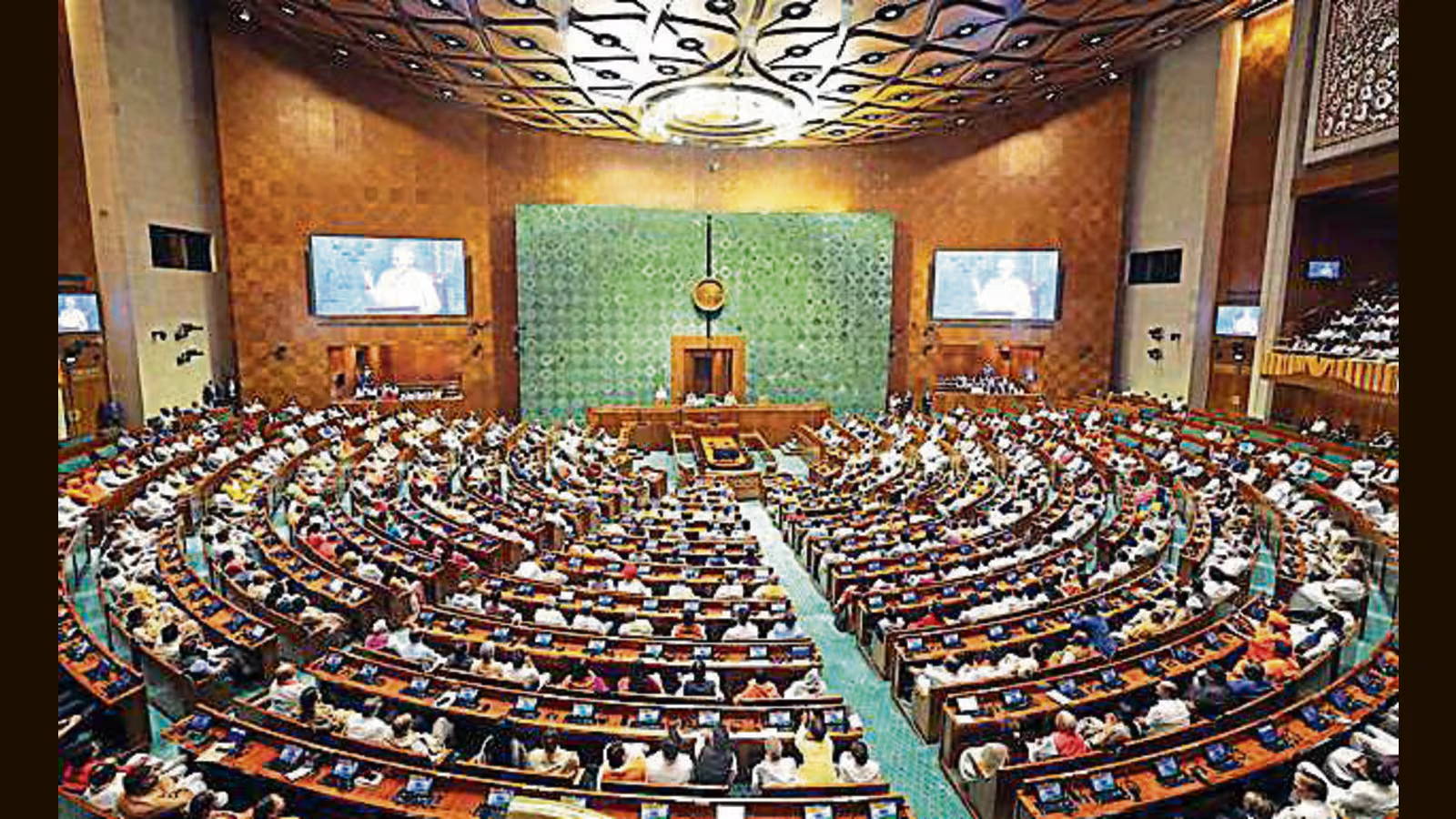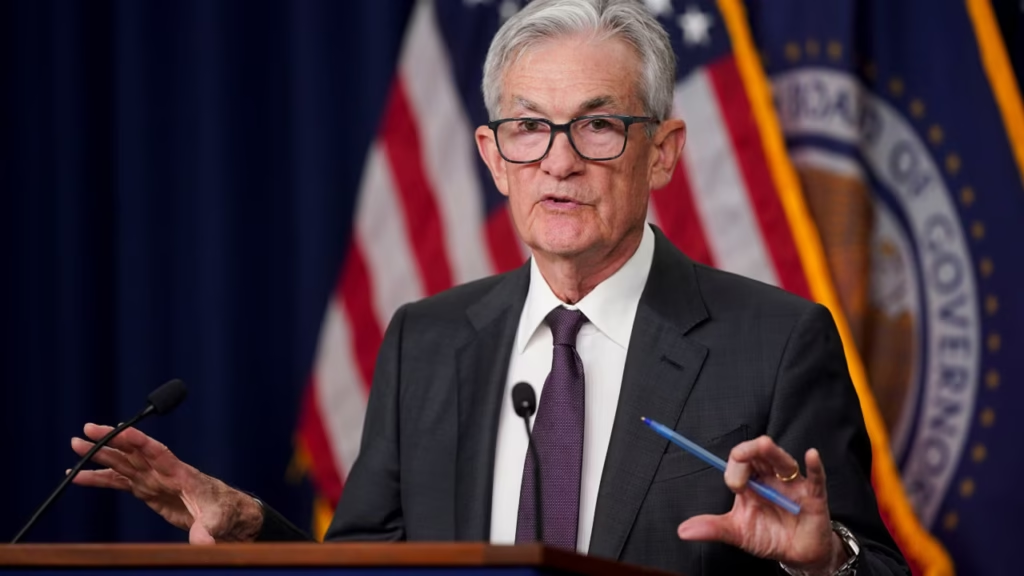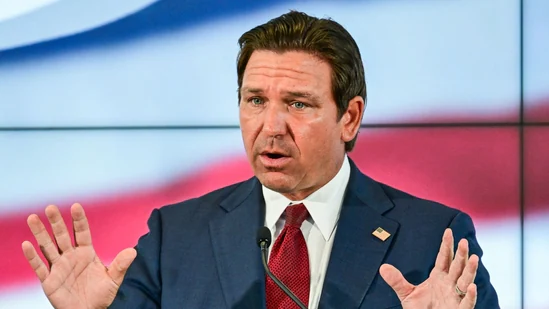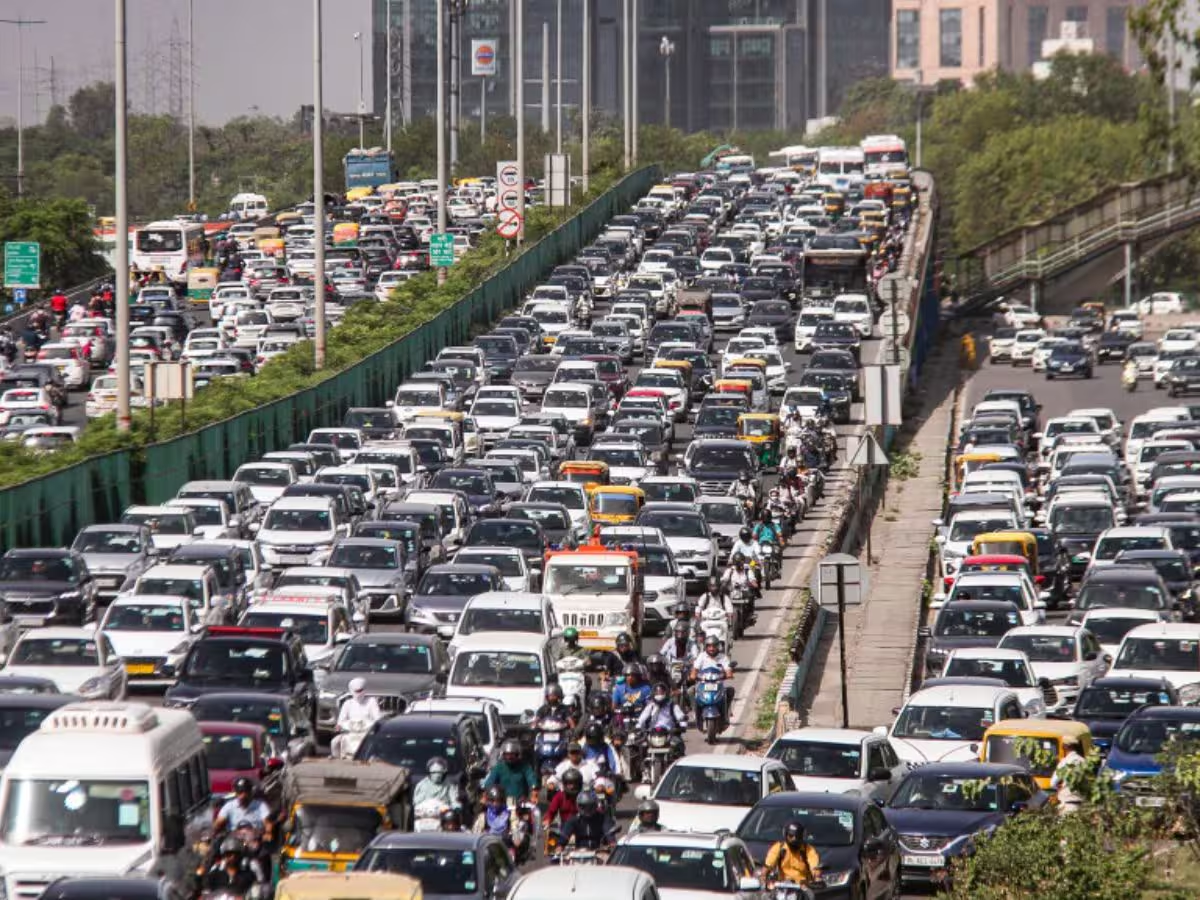Now Reading: Parliament Gears Up for Final Push: Day 18 of Monsoon Session Highlights in Focus
-
01
Parliament Gears Up for Final Push: Day 18 of Monsoon Session Highlights in Focus
Parliament Gears Up for Final Push: Day 18 of Monsoon Session Highlights in Focus

The Monsoon Session of Parliament resumed on August 18 with both Lok Sabha and Rajya Sabha moving into their final stretch. With just a few days left before adjournment, lawmakers are pushing through key discussions ranging from national development issues to political strategies, making this week crucial for policy as well as politics.
The Lok Sabha is expected to witness a special debate on India’s space programme, a topic that has gained fresh momentum with the country’s growing presence in global technology and innovation. Such discussions carry strong relevance for smaller cities and towns where young students are increasingly drawn towards careers in science, research, and entrepreneurship.
In the Rajya Sabha, attention is also turning to the Opposition’s next moves. The I.N.D.I.A bloc is looking to consolidate its position, holding talks that go beyond routine debates and touch upon leadership questions. This signals how political alignments are being tested ahead of upcoming state and national elections.
For citizens in Tier 2 cities, the outcomes of this session hold practical importance. Policy decisions on infrastructure, technology, and governance directly affect smaller urban centres, shaping opportunities for jobs, connectivity, and investment. Each bill and debate that makes it through these last few days could set the course for the coming year.
The government, on its part, is expected to fast-track pending business and highlight achievements during this session, while the Opposition aims to corner it on issues ranging from economic management to governance. This dynamic has turned the final leg of the session into a testing ground for both sides.
As the Monsoon Session edges toward conclusion, the focus is on whether Parliament can deliver impactful discussions rather than just political sparring. For many citizens, particularly beyond the metros, the real value lies in how decisions translate into everyday change

























